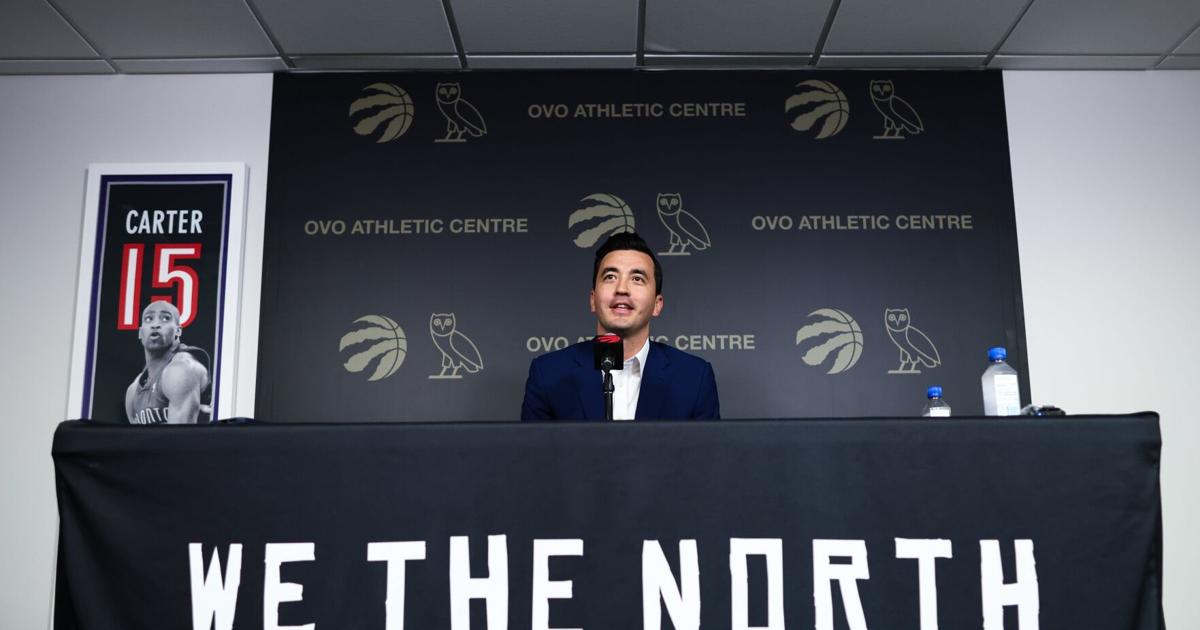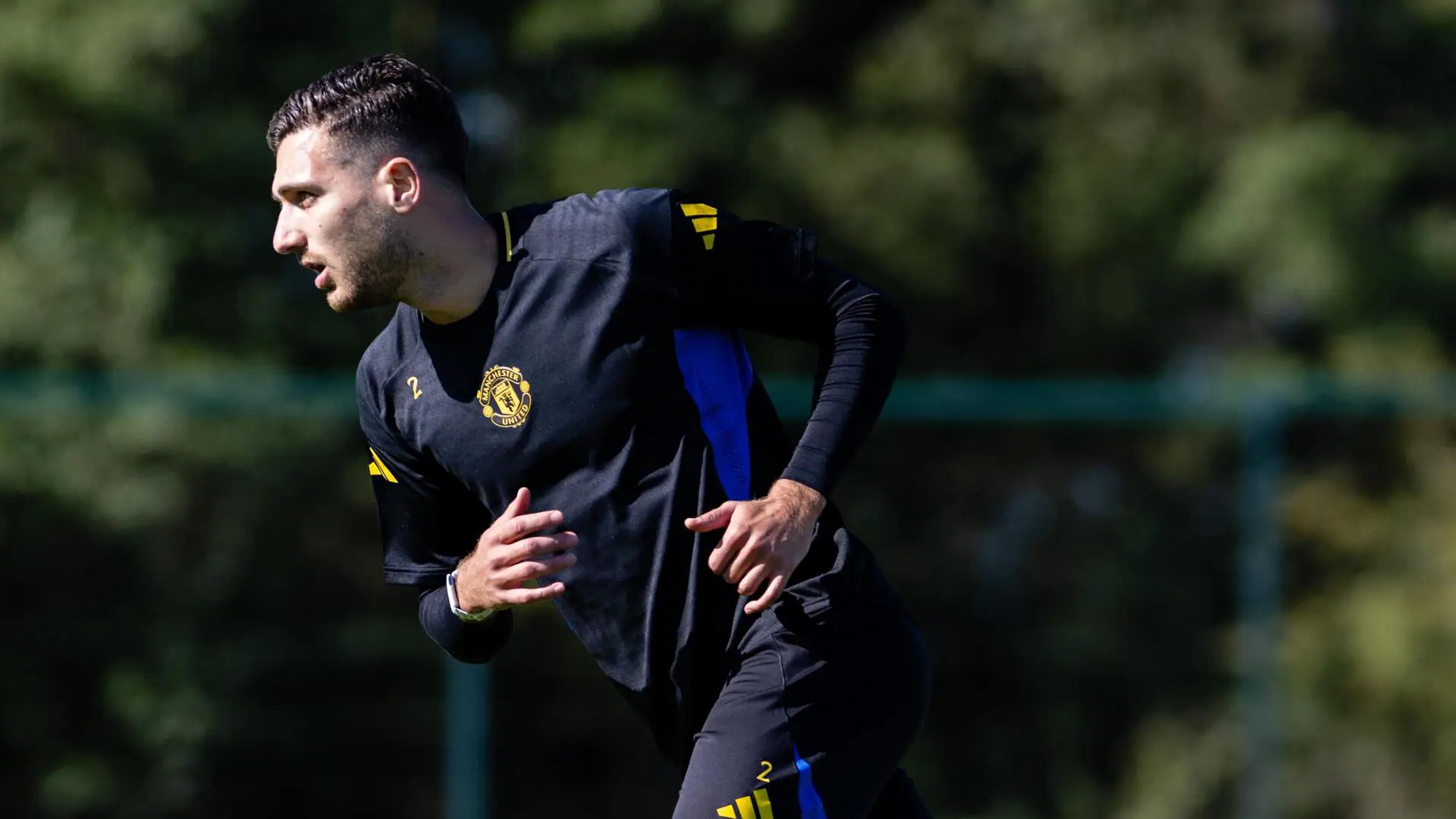Copyright thestar

There is going to be no fist-shaking oratory from the podium or in private, no “F—k Brooklyn” statements out of the blue and no “we will win again in Toronto” proclamations at every chance. None of that is in Bobby Webster’s character or his DNA. The new/old general manager of the Raptors is measured, closer to the vest than the man who groomed him for the job, and that means there will be a new air around the team when training camp begins next week. What Webster will do is sit back and watch to see what he and Masai Ujiri built, let it percolate, settle. Webster, like anyone who’s paid any close attention to the Raptors for the last six months, thinks things might work out, but he does not know. “I think the talent level is high, but we still have to see the fit and I think that’s what everybody is probably waiting to see, and has been waiting for (for) a while,” Webster said in addressing the media Friday morning. “So, we’re waiting right there with you.” It’d be ludicrous to think Webster would assume full control after Ujiri’s ouster in June and immediately make changes to put his imprint on the roster. First, that’s not how he operates. Second, and most important, the Raptors’ presumptive starting five of Immanuel Quickley, RJ Barrett, Scottie Barnes, Brandon Ingram and Jakob Poeltl have not played a second together in a game. Maybe it works fine, maybe it doesn’t, but there’s no way Webster’s considering change until he’s seen that. After that, though? Nothing’s off the table. “We have continuity, so you don’t want to get away from that, but you also don’t sort of want to be afraid to make change,” he said. “I think that’s where we are. “You guys know me, it’s not my natural personality. I’m not going to come out here and make sweeping statements and pound my fist on the table, so it’s really still an assessment. I think the tough part is, we didn’t get to see this team play. I think if we get to see this team play, then hopefully I and our group will more quickly be able to make those decisions.” The nuts and bolts of making the lineup work will lie with coach Darko Rajakovic, starting with the first official practice Tuesday in Calgary. Webster has his thoughts — Ingram’s shot-creating skills will dovetail with Barnes’ rather than conflict with it; Barrett’s ready to be more consistent at both ends; the young core will sort itself into some semblance of rotational order — and wants to see tangible proof, one way or the other. “It’s really difficult before you see Brandon with this group, before you see Collin (Murray-Boyles, the summer’s key draft selection) play, or before you see sort of Darko have a team like this to coach to say, ‘OK, we’re going to make a ton of changes,’” Webster said. “But I do think what hopefully you’ll see as I evaluate the team, and our group evaluates the team, is we won’t be afraid to make change. And I think you’ve seen that the 12 years I’ve been here before. We’re going to not think the same way as the rest of the NBA. We’re going to not, sort of, follow the leader in that sense.” One thing Webster has done, much in tandem with Ujiri, is provide Rajakovic with a lot of options, and that may force him into a lot of tough playing-time decisions. Toronto played five rookies in various roles last season and added Ingram, backup big man Sandro Mamukelashvili and the rookie Murray-Boyles to the mix. That’s a lot of guys who, theoretically, should challenge for minutes. And it should, theoretically, give the general manager a bevy of possibilities if they all pan out. “We think we have 11, 12 rotation guys, and I think that third group always wants to push the second group, the second group always wants to push the first group and I think that dynamic is working well for us,” Webster said. “Having a little bit of looking over your shoulder, I think, has been good, and I think that’s what we have now. And so if you feel a couple of the footsteps, I think it probably brings out the best.”



